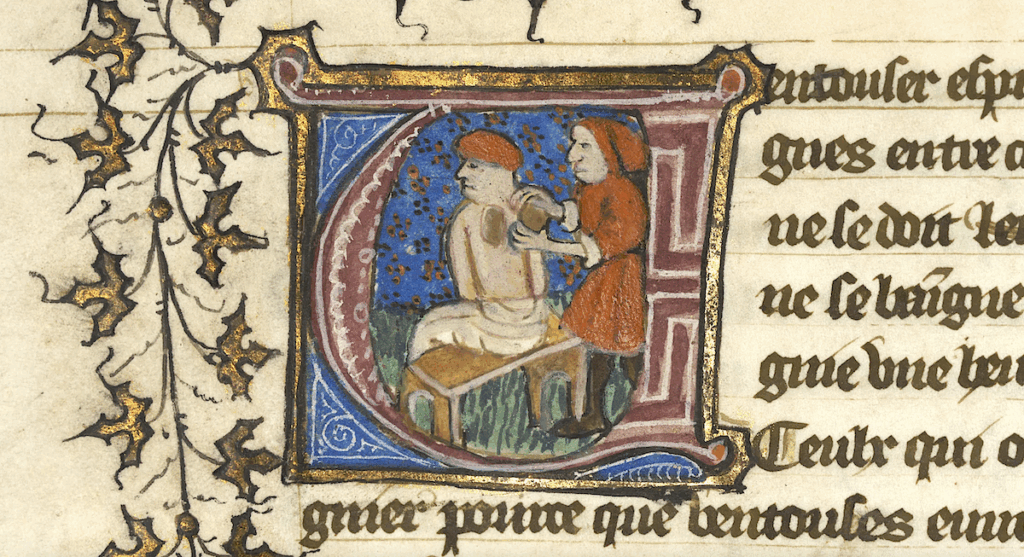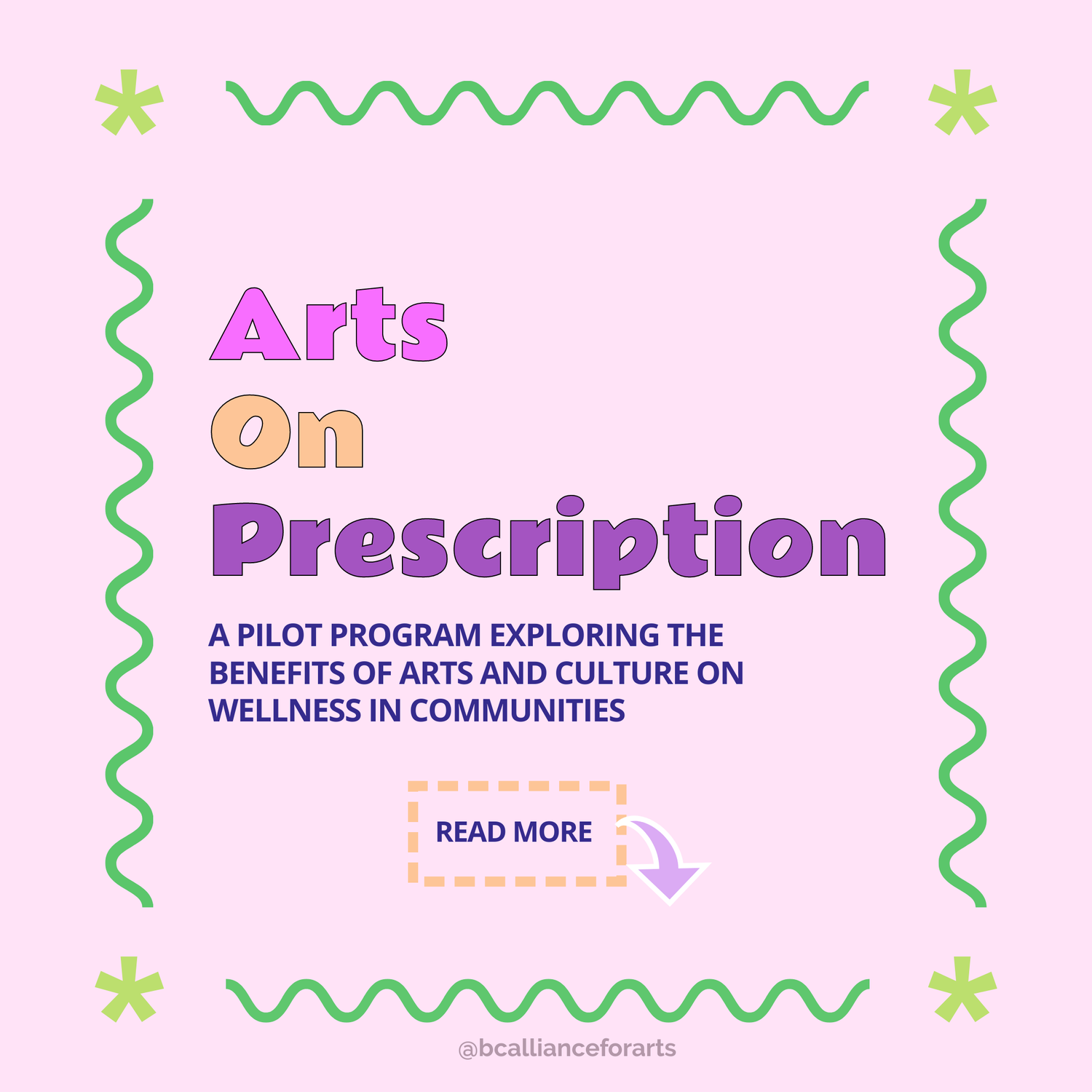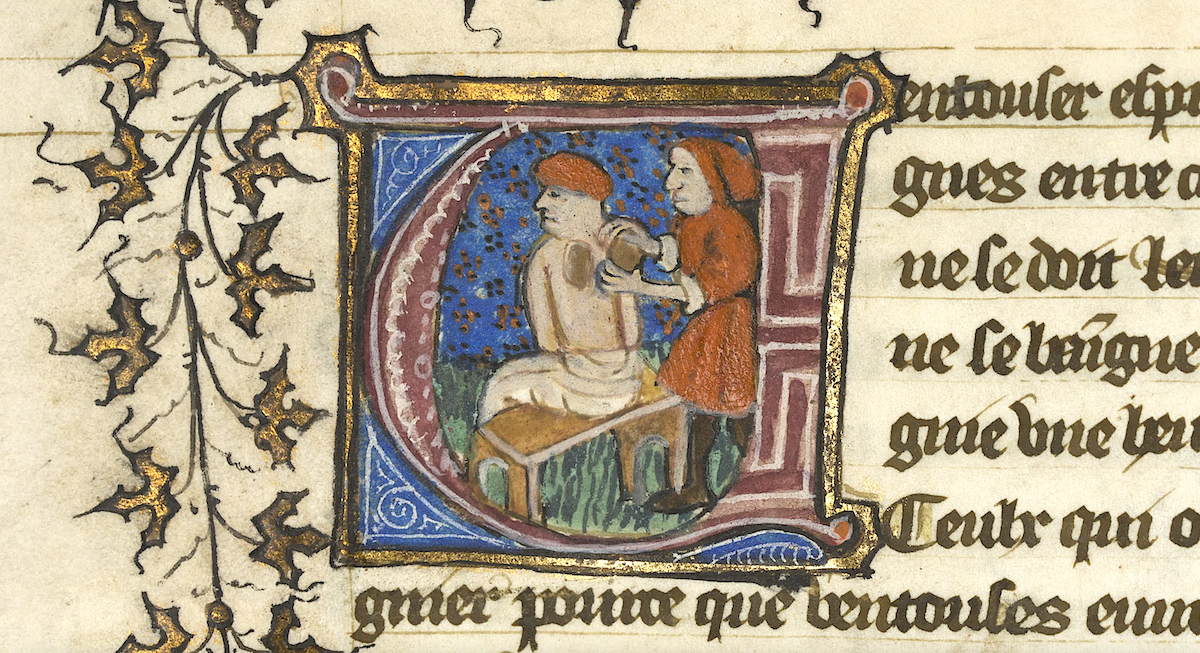

If any discussion of medieval medicine will get going, it’s solely a matter of time earlier than someone brings up leeches. And it seems that the centrality of these squirming blood-suckers to the deal withment of disease within the Middle Ages isn’t a lot overstated, no less than judging by a glance by means of Curious Cures. A Nicelycome Analysis Assets Award-funded venture of the University of Cambridge Libraries, it has currently finished conserving, digitizing, and making availin a position on-line 190 manuscripts containing greater than 7,000 pages of medieval medical recipes. These books contain a wealth of information even past the textual content on their pages: a multi-spectral imaging analysis of considered one of them, for examinationple, revealed that it was as soon as owned by a certain “Thomas Phrase, leche” — or leech, i.e., a healer who made intensive use of the instruments you would possibly imagine.
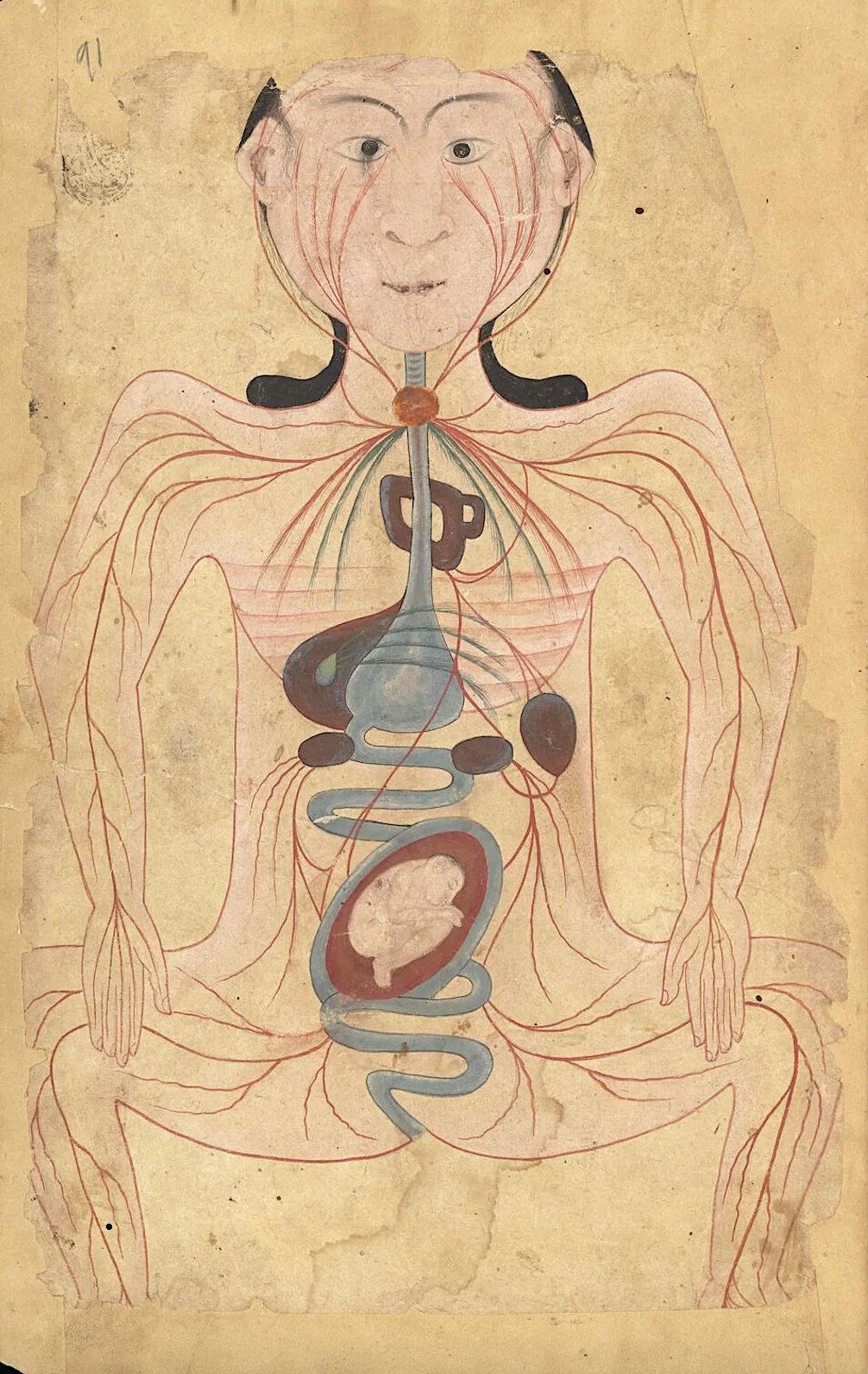

Not that the practice of medieval medicine got here down to useing leeches and nothing extra. In the personuscripts digitized by Curious Cures (which embrace not simply strictly medical texts but additionally bibles, regulation texts, and books of hours), one finds a gainedderland of dove feces, fox lungs, salted owl, eel grease, weasel testicles, fastsilver (i.e. mercury) — a gainedderland for learners curious about medieval types of knowledge, if not for the actual sufferers who needed to belowgo these dubious deal withments.
However as any scholar of the subject can be fast to remind us, medical documents within the Middle Ages might have wantonly combined people and “official” knowledge, however they have been arduously repositories of pure tremendousstition: fairly, they repredespatched one of the best efforts of intelligent people to belowstand their very own bodies and the world they inhabited, withwithin the dominant worldview of their time and place.
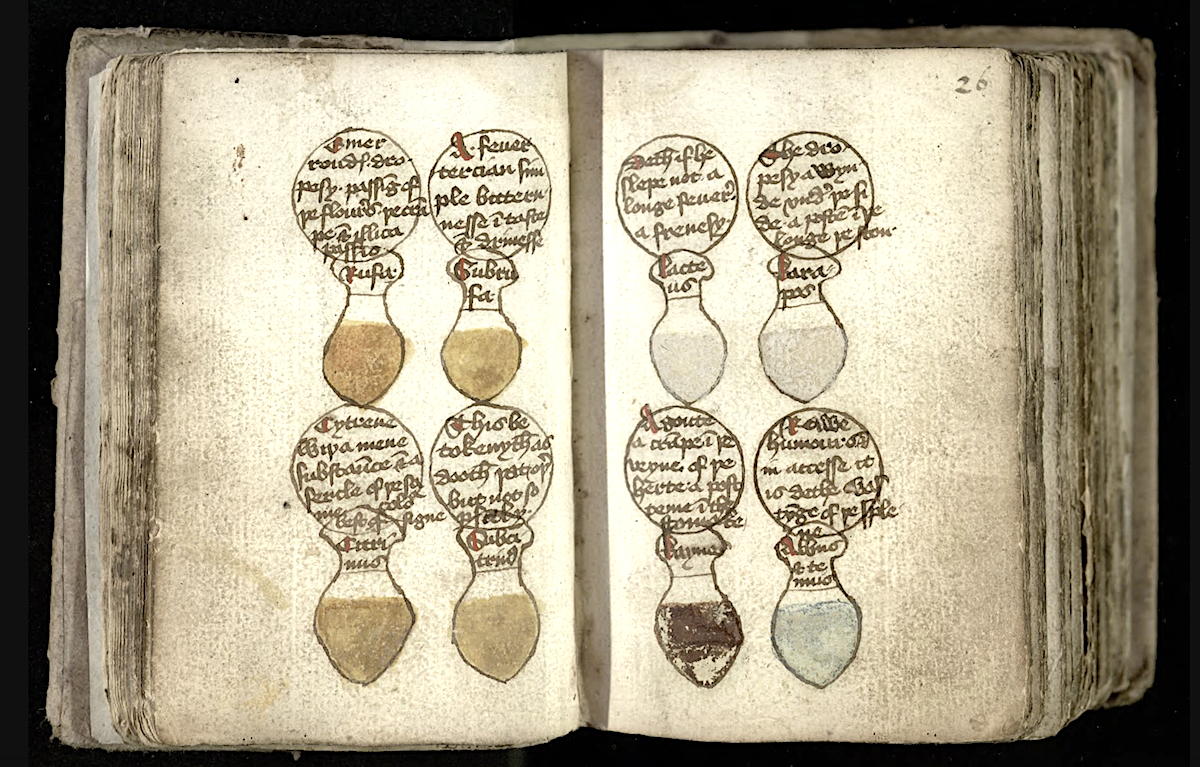

That was a time by which well being was considered determined by the “4 humors,” black bile, yellow bile, blood and phlegm; a time when certain components of vegetation or animals have been believed to be in “sympathetic” correspondence with certain components of the human physique; a time when repeatedly praying whereas clipping one’s fingernails, then burying these clippings in an elder tree, might plausibly remedy a toothache. And now, it’s easier than ever to get a way of what it should have been like, because of Curious Cures’ transcribed, translated, and searchin a position archive of all these manuscripts. The extra outlandish remedies apart, what’s commentin a position is how these books additionally acknowledge the importance of what we’d now name evening’s sleep, regular exercise, and a balanced, varied food plan. Medievals might have belowstood their very own well being guesster than we imagine, however regardmuch less, we’re probably not delivering again leechcraft anytime quickly.
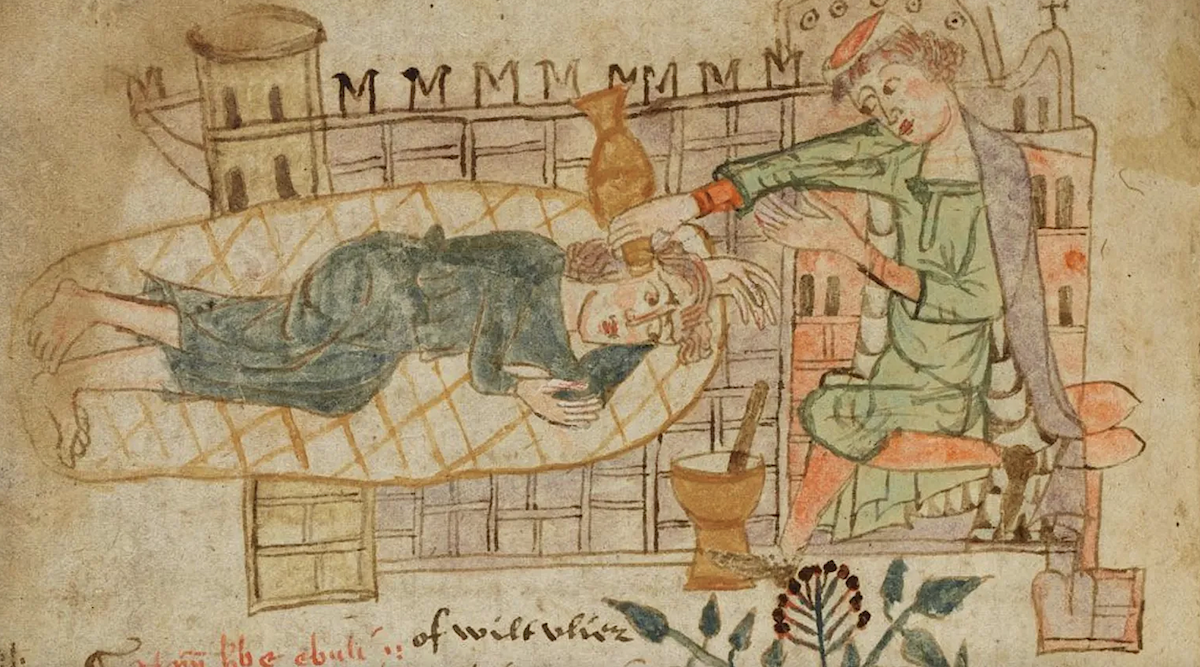

Related Content:
Based mostly in Seoul, Colin Marshall writes and broadcasts on cities, language, and culture. His initiatives embrace the Substack newsletter Books on Cities and the ebook The Statemuch less Metropolis: a Stroll by means of Twenty first-Century Los Angeles. Follow him on the social internetwork formerly often called Twitter at @colinmarshall.
